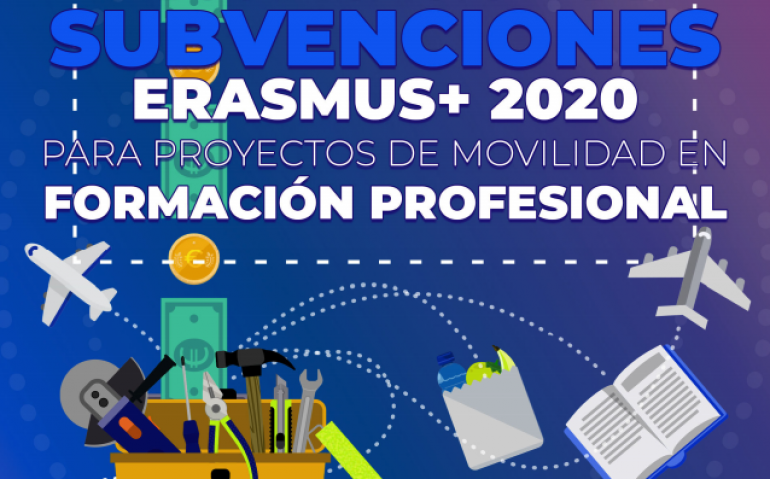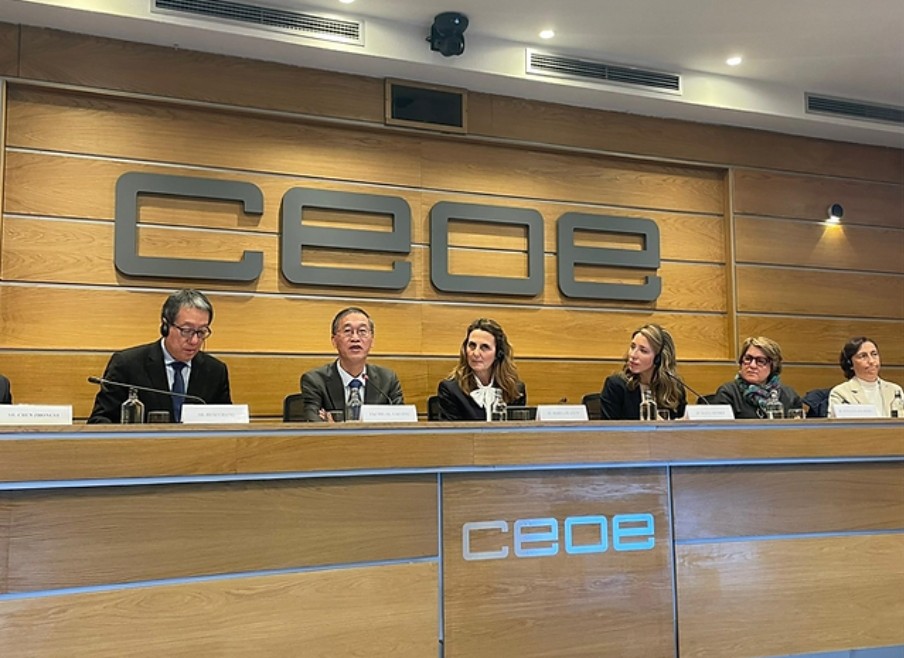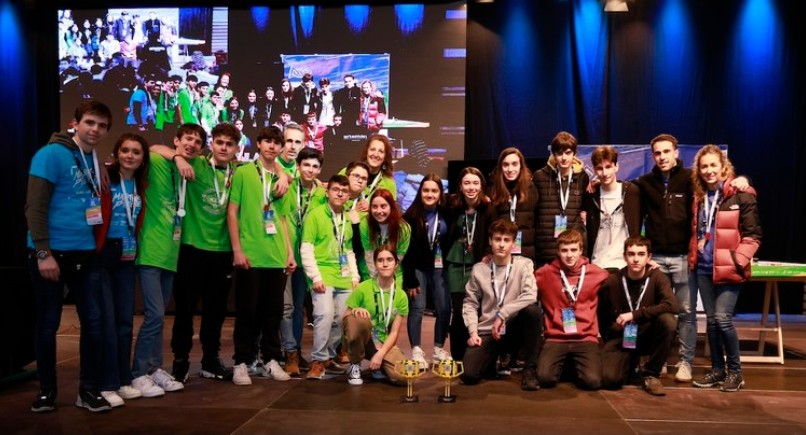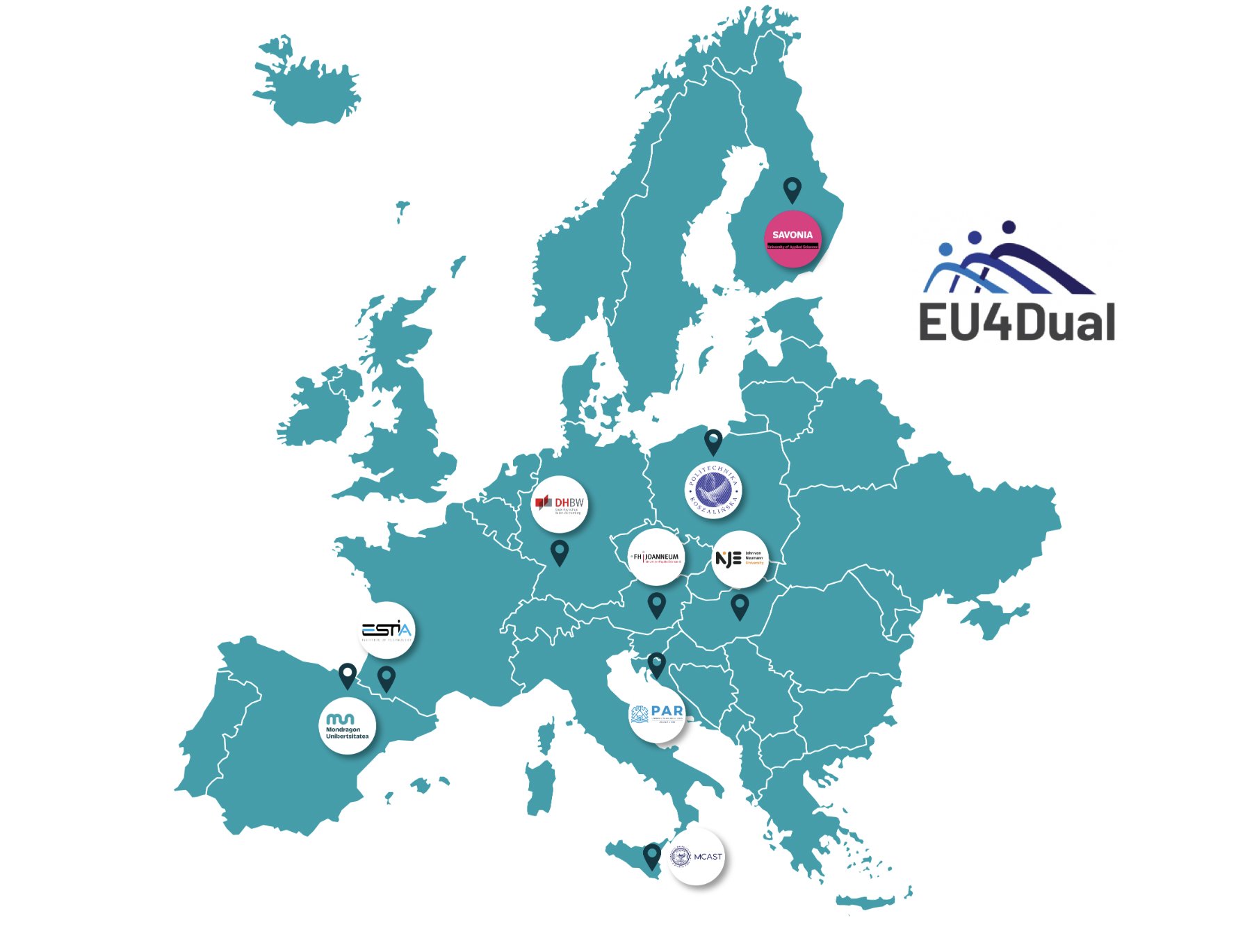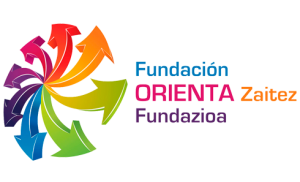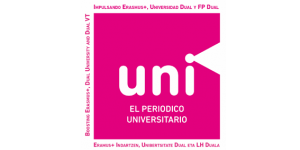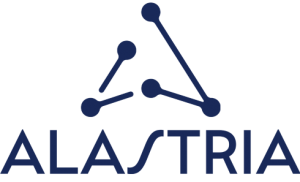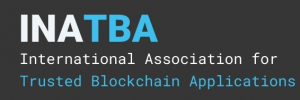The Spanish Service for the Internationalization of Education (SEPIE), an agency attached to the Ministry of Universities acting as the National Agency of the Erasmus+ programme in the fields of education and training in Spain, has published the Resolution funding a total of 1,227 Erasmus+ mobility projects in Europe, awarding 17,860 mobility, with an economic endowment of EUR 46,295,117.48 in the vocational training sectors , School Education and Adult Education in the 2020 call.
In this call, the last call for the Erasmus+ programme for the period 2014-2020, Spain has been at the forefront of receiving applications for mobility projects (KA1) in these three educational sectors, with a total of 2,619 applications received from education and training organizations in our country that clearly bet on the internationalization of education.
Erasmus+ makes students more successful in their personal and professional lives, teachers apply new teaching methods by conducting training courses and observing good practices, thus expanding their international networks, and making schools more innovative, inclusive and international.
Thanks to approved projects, teaching staff in these sectors and educational levels, as well as vocational training students will participate in mobility in other European countries.
The European Union’s Erasmus+ programme seeks to promote the internationalisation of educational and training institutions, as well as to facilitate the achievement of the objectives of the Strategic Framework for Education and Training 2020 (E&T 2020).
Vocational Training
In this education sector, 34,635,439.48 euros will be allocated, EUR 462,063 more than in the 2019 call, which is an increase of 1.4%, to finance the mobility of students and staff of Basic FP, Middle-Grade VET and Certificates of Professionalism centres, which will be moved to another European country to carry out internships in companies, teaching or training, respectively.
Demand in the Vocational Training sector has increased exponentially in this call, with 671 applications filed and the amount of which has almost doubled the amount requested with respect to the available funds. In total, 491 projects have been selected, which will allow 11,325 mobility between students, newly qualified and teachers, an increase of 10.6% compared to the previous call. In 2020 it continues to highlight the success of the European Commission’s “ErasmusPRO” initiative to promote stays for student internships in a European country lasting more than three months.
Substantial increase in demand from FP centres and increased mobility duration reflect the wide acceptance of Erasmus+ international mobility within the FP sector: the number of participants has increased by 149% since 2014.
School Education
In the Erasmus+ 2020 call, 601 centre projects have been selected, from many other schools across the country, for teacher mobility, 96 more than in 2019. The allocated funding amounts to 9,445,697.00 euros, 5.1% higher than last year. With Erasmus+, the 5,324 mobilitys will allow teachers from 601 Spanish schools to move to other European countries in order to improve their professional skills and implement the good practices observed in their own schools.
The topics on which the selected projects cover ensure their real impact on the beneficiary schools in our country. In this sense, the improvement of schools, the teaching and learning of foreign languages, digital skills, inclusion and the reduction of early school drop-out are the main themes of these projects.
Since the start of the Erasmus+ programme in 2014, more than 2,900 projects have been subsidised, with more than 23,700 teachers participating in mobility to other European countries.
Adult Education
135 Erasmus+ projects for the mobility of adult education teachers have been selected in this call, 30 more projects than in the previous call. Total funding amounts to 2,213,981.00 euros, up 27.9% from last year.
Thanks to these projects, professionals in this sector will carry out 1,211 mobilitys to participate in international training activities in other countries and to develop periods of observation and teaching in other European institutions.
The selected projects are mostly related to some of the most relevant topics in adult education: intercultural and intergenerational education, teaching and learning of foreign languages, improving the quality of institutions, inclusion, as well as improving digital skills.
Since the start of the Erasmus+ programme in 2014, more than 4,200 professionals in the adult sector have participated in mobility to other European countries through the selection of a total of 509 projects.
Measures for the implementation of the Erasmus+ programme in the coming months
While mobility remains at the heart of the Erasmus+ programme, the exceptional circumstances created by the COVID-19 pandemic and restrictions on physical mobility may continue to affect mobility in the coming months, but the Erasmus+ programme will not be disrupted during the next school year.
In the case of Erasmus+ student mobility, the European Commission confirms that they could be offered the opportunity to begin their participation in the Erasmus+ programme through virtual activities, in order to combine with physical mobility abroad at a later date if the situation so allows (Blended Mobilities).
As for the short-term mobility of staff of education and training organizations, a period of virtual mobility could be considered eligible, as long as the cause of force majeure persists.
The effort and dedication of all parties involved makes it possible for the spirit of the programme to be shared in our country and in this regard, both from the European Commission and from the SEPIE National Agency we will continue to work to ensure that the Erasmus+ programme continues its course, as planned, for the academic year 2020/2021.
Source of information: SEPIE press release.


